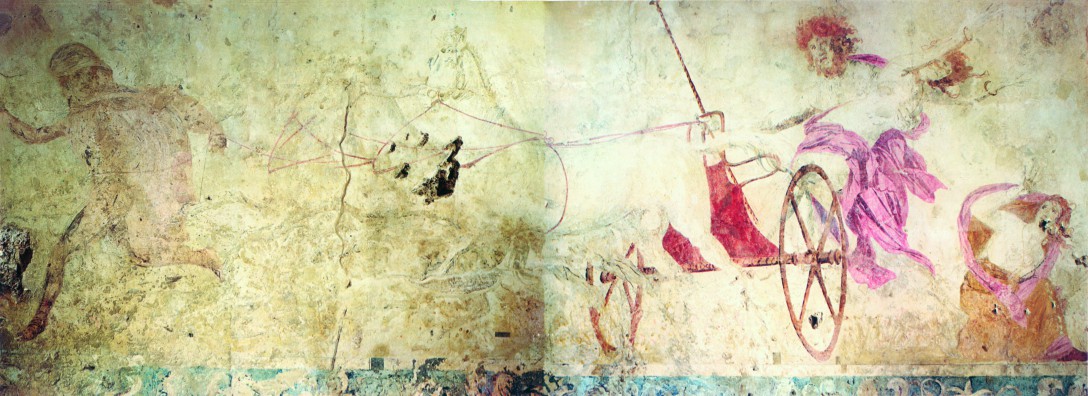I read Joseph Addison’s it-narrative relating the journey of a coin. Addison states that he was in a state of delirium when writing this story, which made many of my classmates dubious to the history the narrative supposedly recounts of 18th century London.
History is supposed to be a factual recounting of past events, so to write about it in a state of delirium endangers truth. But the discussion was mainly focused on the fact that Addison was in a state of delirium, which many of my classmates found unaccountable to hold the political, cultural, and social experiences of the coin as pertinent.
However, I don’t think it’s important that Addison was in a state of delirium when he wrote this piece in regards to recounting history. In confessing his delirium, I believe Addison meant to emphasize his passionate disturbance for the subject that evoked him to write in such a state.
The narrative of an inanimate object is obvious unorthodox as a method of historical writing, and that is the point.
As readers, it’s our responsibility to switch our lens accordingly the plethora of genres, styles, and subjects of literature, and for this it-narrative, our lens should be focused on the satirical criticism Addison employs in the narrative to reveal the truth—or reality—as he viewed it during this era of scorn he possessed for shallow businessmen engaging in what he scorned as mere trifles of life.
Rhetorical writing especially is evoked by passionate opinions about a subject matter. When a writer is strongly inspired to write, the inspiration often entails an epiphanic and dramatic understanding of what is believed to be the unveiling of a truth existent in mankind.
If this kind of inspiration was achieved by delirium for Addison, then so be it. But if this audacious approach makes his critique of the socio-cultural and political aspects of the era invalid, then Addison, along with all writers of such rhetoric and style of mode, should be denounced for fictional writing that challenges the “truth” because of the state in which they produced their work.
The truth is therefore not always important nor significant in literature. Literature can be anything but the truth, but reveal the most truth in this way—or reveal all the lies in this way, too. Either way, literature holds no responsibility to tell the truth, so it’s a waste of time to scrutinize it for validation. It would be much more fruitful for time and intellect’s sake to scrutinize it for the author’s intent of producing the work in such a mode than to denounce their work as irrelevant.
